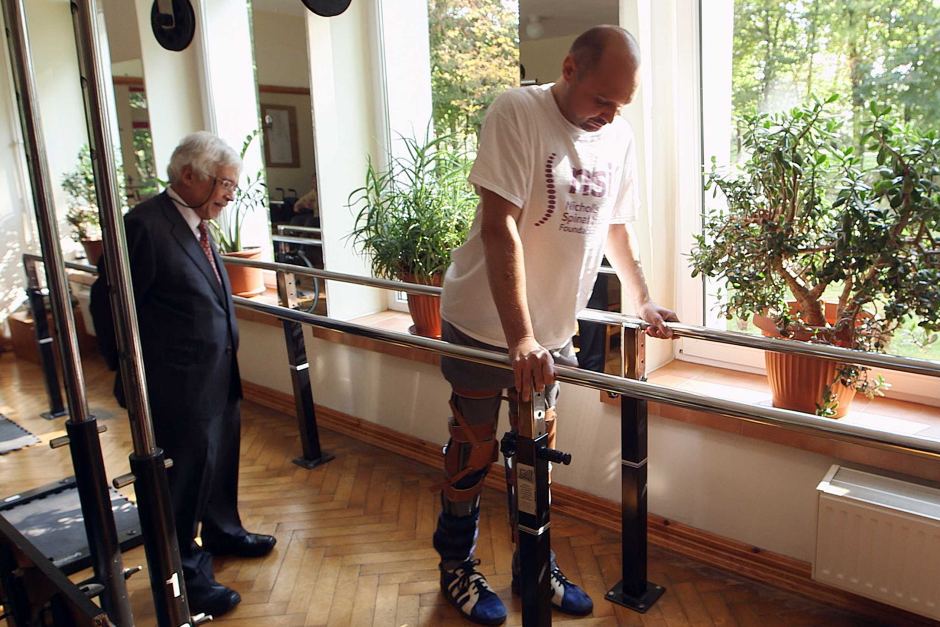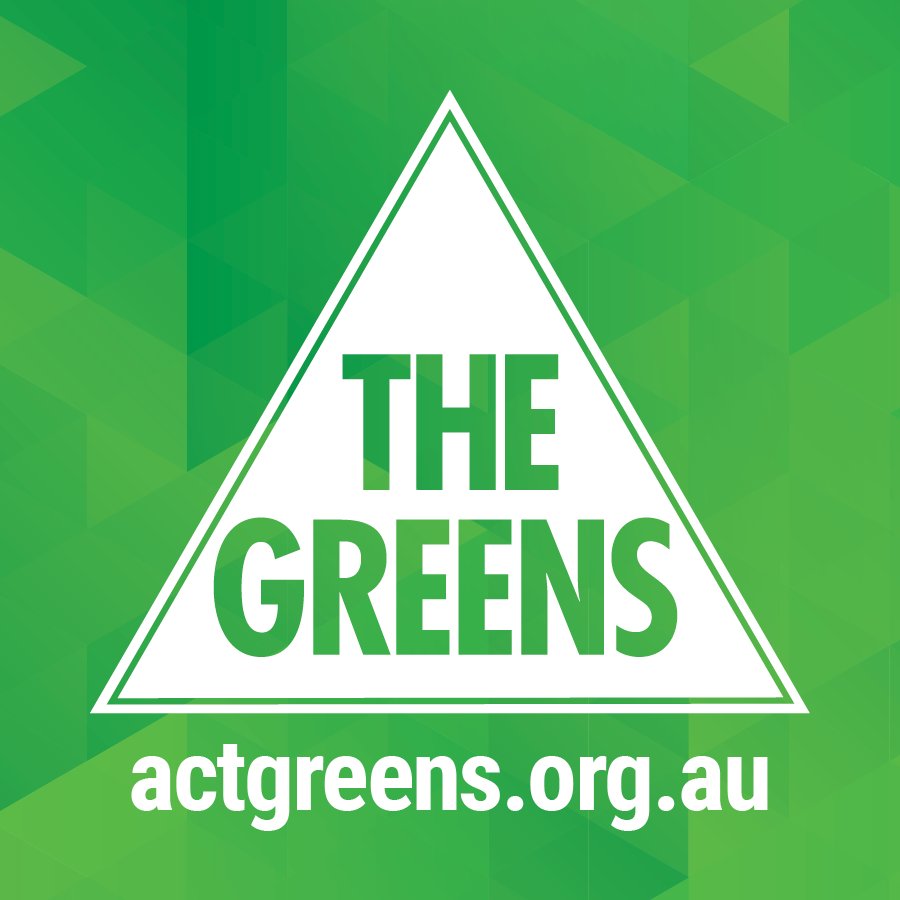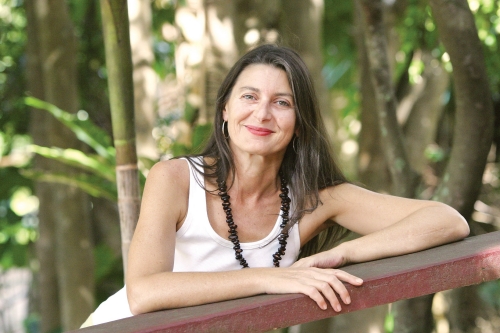
Paralysed man walks again after a landmark operation
October 22, 2014Scientists sequence the genome of 45,000 year old man
October 23, 2014This fantastic commentary piece by Michael Moore (not the director) spells out the case for the current NSW Government, on the need to extend the moratorium on CSG mining, particularly within our drinking water reservoirs.
There are few things more fundamental to our health and wellbeing than access to clean air and water.
Australia is lucky enough to have some of the highest quality drinking water in the world, due in no small part to the protection of our drinking water catchments. NSW governments from both sides of politics have prioritised the security of the special areas of Sydney’s drinking water catchments, where water collects for use by our cities and towns. These special areas of bush and vegetation function like a buffer and filter that stop contaminants and pollution before they can make their way into our drinking water.
That is, until now.
With the release of the chief scientist’s Independent Coal Seam Gas Review report, the moratorium on coal seam gas production in the special areas is set to be lifted.
The ban was put in place by former minister Chris Hartcher, who resigned in December 2013 following a raid on his office and inquiry by the independent commission on corruption. Despite a “pro-mining agenda”, even Hartcher recognised the need to err on the side of caution and safeguard drinking supplies from the risks of industrialisation.
The management of our drinking water catchments are at a cross-roads. Will the NSW government allow coal seam gas production or will they make our drinking water catchments no-go zones?
Premier Mike Baird has a fundamental choice to make: coal seam gas or clean drinking water. It can’t be both.
Already, up to 80% of NSW is covered in mining licenses and applications. Coal mining has been allowed to go ahead in some areas of the catchment and the results have been disastrous. One of the worst examples from longwall mining in the Sydney catchment is the Waratah Rivulet, which previously provided about 30% of drinking water to the Sutherland Shire. The once pristine rivulet was cracked and drained for more than two kilometers and polluted with iron oxide after long wall mining in the early 2000s.
It stands as a stark warning of the ongoing dangers of mining areas needed for drinking water and why coal seam gas risks should be kept out all together. While the moratorium has held industrial coal seam gas production in the special areas at bay, there are existing licenses for exploration that could activate swiftly once the ban was lifted.
These pristine areas provide water for more than five million people. To put their importance in perspective, many of the special areas are off-limits to even passive pursuits such as walking or riding bikes. In fact, engaging in these types of activities can incur a fine of up to $44,000.
If walking through these pristine areas is ruled out, it seems inconsistent to allow coal seam gas wells with their high-pressure techniques and chemical processes.
It’s vital the community’s long-term need for drinking water is placed before the short-term profits of the mining companies. An overwhelming majority of people in NSW (73%) want our drinking water catchments to be off-limits to coal and coal seam gas activities. They want the 2% of land in NSW that supplies the drinking water of 60% cent of people protected.
World’s best practice is a permanent moratorium that protects drinking water always. There is little confidence in the community that regulators and governments can guarantee the safe extraction of coal seam gas in our drinking water catchments.
Health professionals have a long-standing core belief that prevention is better than a cure. The same rule should apply when our political leaders make critical decisions that impact on the basics of life.
Fresh clean water for drinking, agriculture, industry and stock needs a very long-term prospective planning outlook. Any sector with uncertain and potentially harmful impacts has to be subordinate to the imperative to provide healthy drinking water and food now and in the future.
Via The Guardian Australia: http://www.theguardian.com/commentisfree/2014/oct/21/coal-seam-gas-or-clean-drinking-water-it-cant-be-both




